

72 seconds. At first, it feels like a mistake. There's no reason why it takes so long to drive between Mother Base platforms. Or why a game defined by its freedom is forcing you to travel in a straight line. There's no scenery, no incoming calls, no priorities to juggle… apart from listen to one of the game's audio tapes. A tape that lasts… 69 seconds. Damn. MGS5 is a game so balanced, sublimely authored and nuanced, even its mistakes are calculated; gifting you unprecedented freedom, but unafraid to limit your options to create powerful moments of introspection.
Three weeks ago, I posted my review-in-progress of MGS5, based on 35 hours of play. After reaching the story's conclusion 70+ hours later, I was hasty to label Kojima's final MGS game as 'incredible'. It's better than that. Mechanically, it's exceptional, as evidenced by the anecdotes, arguments and videos of its players. You can take down a military convoy with a Fakel grenade launcher, but it's more fun with horse poop, an inflatable decoy and Fulton balloons.
MGS5's victory is its meticulously crafted, stacked and interrelated systems, that give you more control, more choice, than almost any other game ever. I could fill pages describing the upgrade path of one piece of equipment, and how it interrelates to another skill tree. For example, MGS5's 30-minute E3 demo shows four hugely-diverse ways to complete the Hero's Way mission, as posted below. Or watch the 38 second cardboard box video, and realize why collecting pin-up posters from the open-world isn't just a random collectible. In MGS5, all your 'off mission' busywork and discovery can be re-invested to improve the core experience.
Even 60 hours in, unlocking items like the Sleep Grenade, Stealth Camo and non-lethal sniper rifle transform how you play. MGS5's extensive Mother Base system would need a thousand words to briefly outline its depths, not to mention the 150 side-ops: non-essential, but highly worthwhile, missions which reward you with vital resources e.g. a translator, allowing you to interrogate guards for clues about item locations. It sounds daunting, but MSG5 drip feeds its complexities. You're given a veiled dry-run with every new piece of equipment (for example, against a lone guard) and the game 'locks' unnecessary menu options when introducing a new Mother Base or iDroid function to make learning easier.
If the 70-100 hour main story wasn't enough, don't forget that Metal Gear Online (which is included with MGSV) goes live on October 6th. The online mode will feature 8vs8 team battles based on MGSV's core gameplay systems. The PC version won't launch until 2016, but if it's any solace, the PC game was released two weeks earlier than expected on Sep 1st. It'll be interesting to see if MG Online ties into the story experience in any way, or expands the story threads.
That said, it's huge, and I recall staring at screens of options, 20 hours in (at around 25% or less completion), with 19 pending R&D projects, 30+ un-listened audio tapes, scores of 'completed' missions with at least 4 hidden sub-objectives blanked out, and 10+ un-tackled side-ops. It's a real challenge for the more traditionally-orderly MGS gamer, who might regard any mission as a failure unless they've nailed an S rank with zero kills and zero alerts.
Missions can blur, with the focus on hostage extraction, target execution and item destruction. At times, it's almost a mantric pattern of re-equipping and re-deploying to the battlefield; a swirl of similar images and noises – but this numbing effect is quite deliberate, and is borne out by the game's wider themes of 'cycles of revenge'. In other words, how rivalries are forged in ongoing conflicts and passed between generations through urban myth. One man’s freedom fighter is another’s terrorist, and feeds into why hero Big Boss ultimately becomes known as the series’ key villain – although it isn't that obvious. Kojima understands pacing and lulls are almost always followed by an unexpected plot revelation, boss battle or shift in tone.
If you've struggled with previous MGS games, this is the most intuitive, self-contained entry yet. MGS5 is full of nods to the series' lore, but all the hardcore, fan-prodding, plot nuances are hidden in the optional cassette tapes to be listened to as you roam the battlefield. You don't even need to know the plot of Ground Zeroes, and the game recaps it for you anyway. From the intro's opening seconds, you're funneled to learn the controls, and your motivations are clear: it's a revenge tale, pure and simple. At least, that's Kojima 'simple' but… hey, that's for another article.
If anything, hardcore fans might be a touch disappointed with the brevity of cut-scenes, and the core plot is slightly vanilla for those weaned on the meta-concepts of the La-Li-Lu-Le-Lo. However, if you hadn't seen MGS2's ending, you'd be forgiven for criticizing hero Raiden as unrealistically naive – without realizing the character's importance to MGS2's deliberately formulaic, and highly meta, structure. (Mild spoiler) MGS5 takes this game-system-as-theme metaphorical context a step further, with devastating impact (Spoiler ends).
There are no 20 minute cut-scenes about the role of The Patriots in 20th century history like in MGS4, but MGS5's events offer astute, sometimes profound, commentary on race, religion, societal systems, the nature of communication, legacy and the dangers of obsession. It sounds intense, but it's rarely intrusive. This is a powerful philosophical work which merits comparison to literary greats. Thomas Hardy's acclaimed study of a man in turmoil, The Mayor of Casterbridge, bears some parallels, but doesn't let you knock out a bear with rubber bullets and extract him on a balloon to live In your mobile zoo.
At times, the tacit, self-imposed, pressure to finish missions properly can feel overwhelming, and the game haunts your thoughts. I spent nights dreaming about slow-motion Reflex takedowns and days mulling fresh tactics for an evil cargo extraction mission. MGS5, deliberately, puts you through mental anguish, allowing you to pass missions with, say, four of seven objectives complete – a hardcore player's nightmare – but this is failure as strength. Few games force you to rethink scenarios and events so fervently, or fantasize about how you'd tackle them with better kit.
MGS5 isn’t without aggravations. Your sniper buddy Quiet is perhaps too powerful in the game's latter stages, so you're 'forced' to use her; spending missions sprinting comically across the Afghan plains rather than using D-Horse. However, it's no accident you're incentivized to bond with Quiet, and you'll be ultimately thankful. Some later missions are ridiculously hard (yet *almost* always fair), and I restarted several 20-30 times. In the penultimate battle, you're forced to think three moves ahead, splicing control presses in a heartbeat. Call supply drop, plant mine, reload RPG, order a bombardment… even a momentary lapse means certain death.
It's the ultimate test of what, or rather *who*, you've become… which resonates deep into the final scenes. It's also a mimic of modern multi-tasking, sense-numbing, internet culture on which MGS5 has so much to say but, again, that's for another time. MGS5 has something for everyone, but the game's finer nuances might be lost on some players.
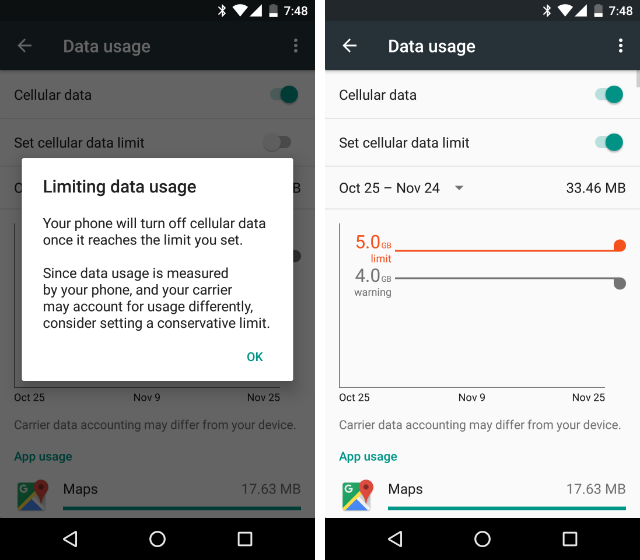
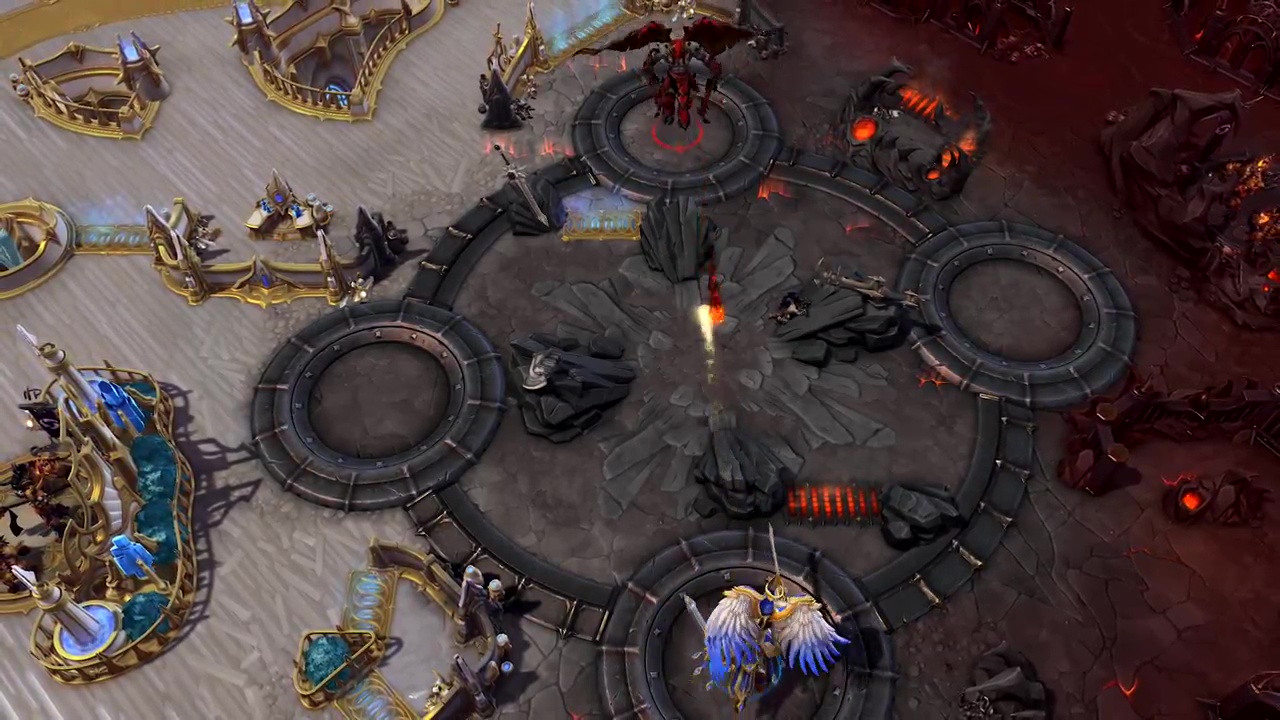


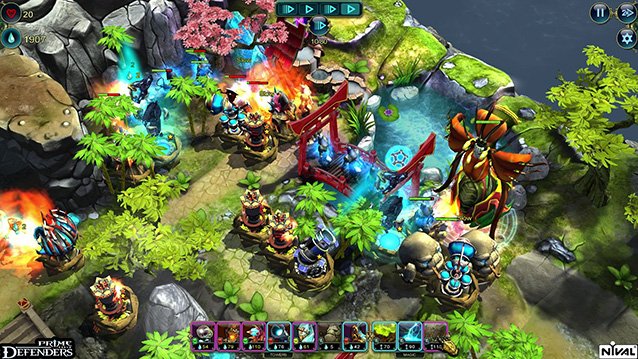 Prime World: Defenders Interview with Sergey Galyonkin
Prime World: Defenders Interview with Sergey Galyonkin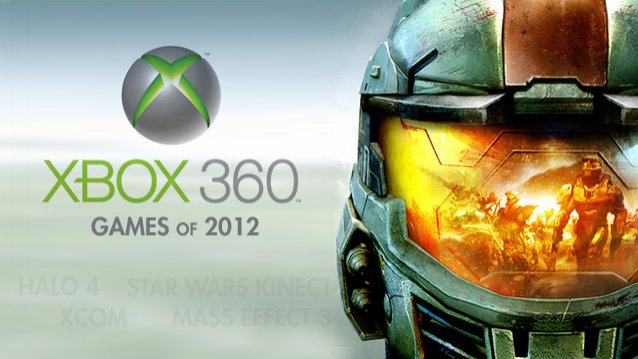 Top 10 Xbox 360 Games of 2012
Top 10 Xbox 360 Games of 2012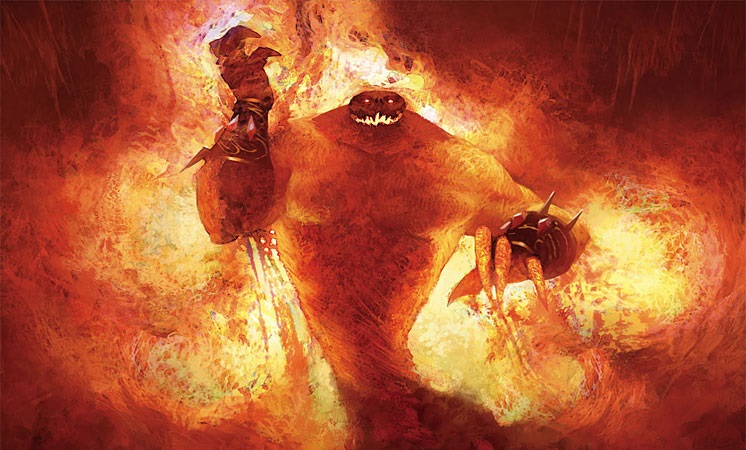 Hearthstone Blackrock Mountain Guide: Defeating Baron Geddon
Hearthstone Blackrock Mountain Guide: Defeating Baron Geddon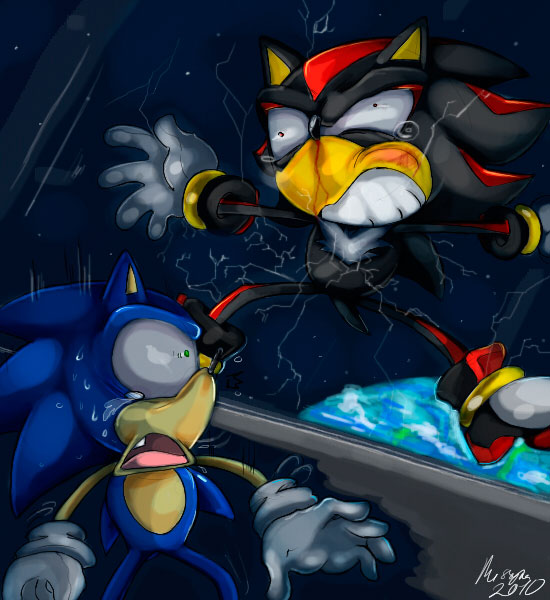 Sayonara Shadow the hedgehog
Sayonara Shadow the hedgehog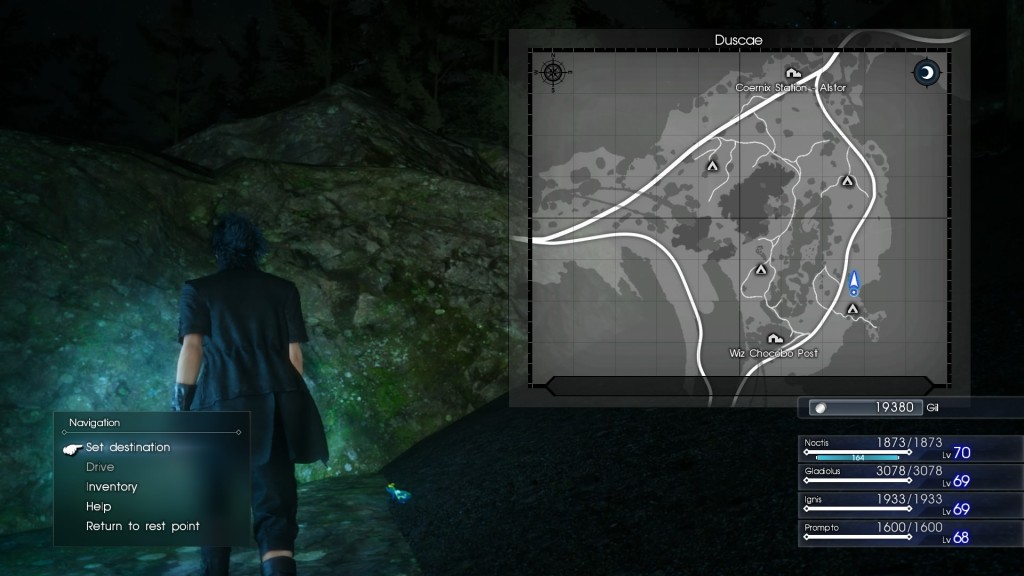 Final Fantasy XV Episode Duscae: Cherished Frogs Location Guide
Final Fantasy XV Episode Duscae: Cherished Frogs Location Guide